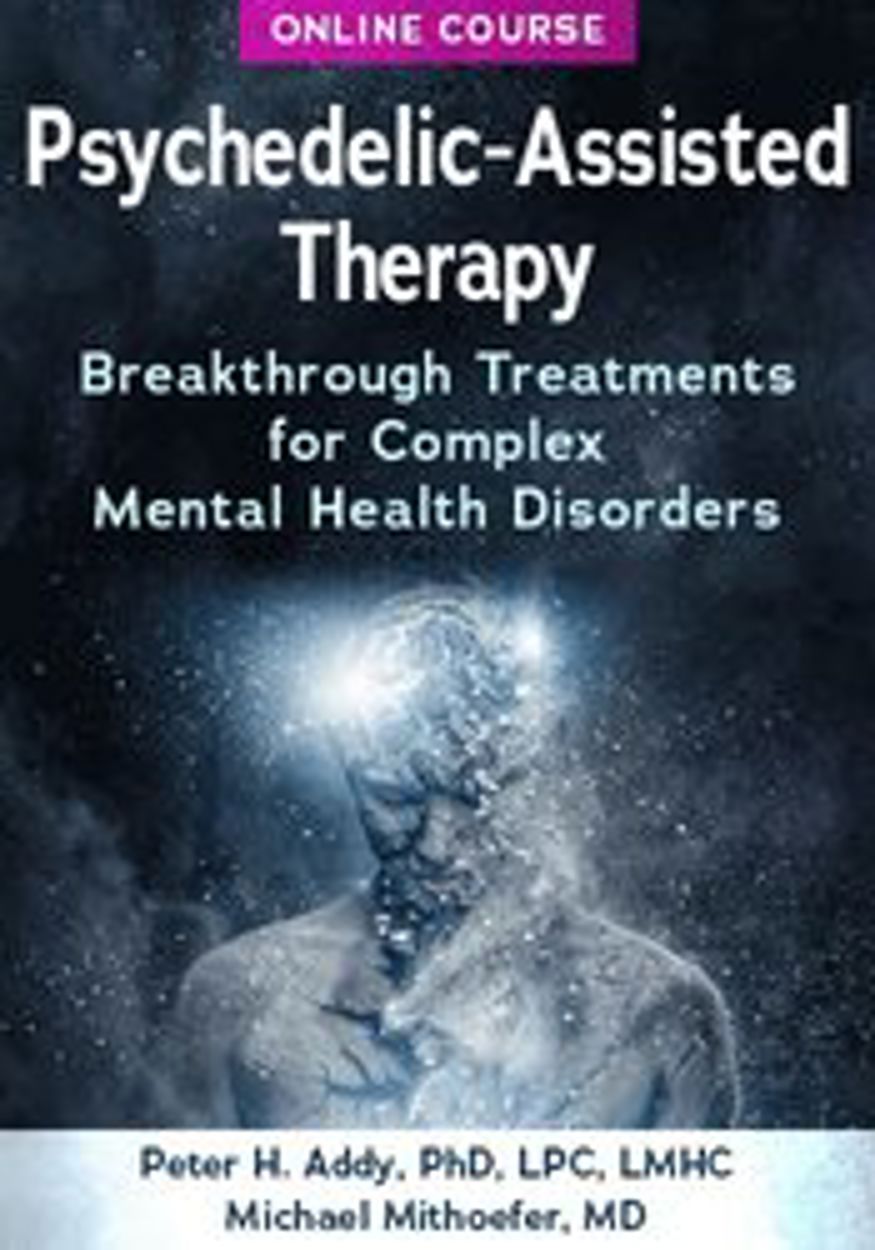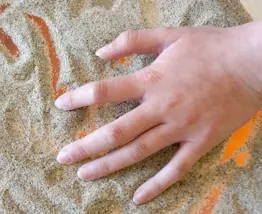How Psychedelic-Assisted Therapy Promotes Post-Traumatic Growth

A PTSD study published in the peer-reviewed medical journal, Nature Medicine, in May 2021 revealed 67% of participants treated with MDMA-assisted psychotherapy no longer met the diagnostic criteria for PTSD 18 weeks after baseline.
Those are impressive results in any field. But how does it work?
What makes this psychedelic medicine so incredibly effective, where standard treatment like antidepressants only work for some people some of the time?
In this 10-minute video, international expert on psychedelics Peter H. Addy, PhD, LPC, LMHC, reveals How Psychedelic-Assisted Therapy with MDMA Promotes Post-Traumatic Growth.
Discover how MDMA and other psychedelics can help treat mental health distress!
Those are impressive results in any field. But how does it work?
What makes this psychedelic medicine so incredibly effective, where standard treatment like antidepressants only work for some people some of the time?
In this 10-minute video, international expert on psychedelics Peter H. Addy, PhD, LPC, LMHC, reveals How Psychedelic-Assisted Therapy with MDMA Promotes Post-Traumatic Growth.
Discover how MDMA and other psychedelics can help treat mental health distress!
Learn to Confidently Practice Psychedelic-Assisted Therapy

This self-paced online training is your gateway to the new frontier of therapy.
You’ll discover how these medicines work in the body and brain, interventions grounded in neuroscience, how to translate the cutting-edge research into clinically relevant strategies you can apply in your practice right now, and so much more!
Get the skills and confidence to use these medicines to help clients achieve deep and lasting transformation.
You’ll discover how these medicines work in the body and brain, interventions grounded in neuroscience, how to translate the cutting-edge research into clinically relevant strategies you can apply in your practice right now, and so much more!
Get the skills and confidence to use these medicines to help clients achieve deep and lasting transformation.





